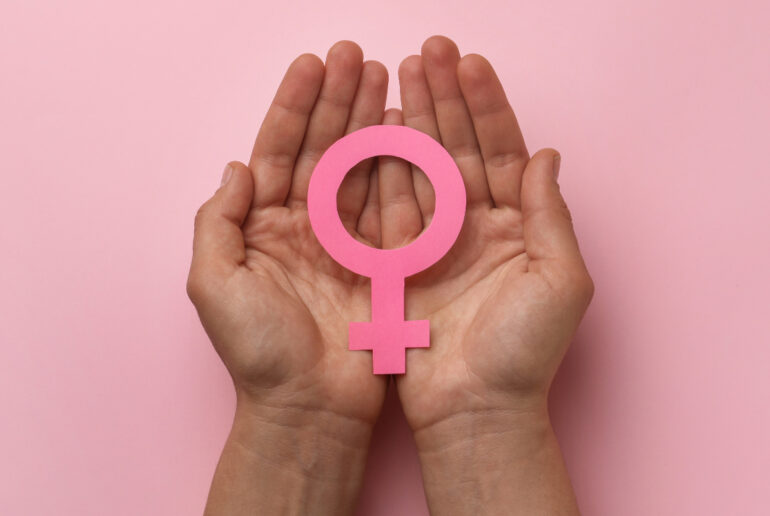What is the menopause?

Menopause is a hormone deficiency and symptoms may be experienced for many years. Menopause is inevitable. It is one of the main hormonal changes, along with puberty, that anyone with predominantly female hormones (women, and trans and non-binary people) will experience at some point.
Some women may have no symptoms, however, the majority will experience some or many of the 48 currently known symptoms.
Common menopause symptoms
- Hot flushes
- Brain fog
- Depression
- Palpitations
- Hair loss
- Weight gain
- Breast growth and pain
- Vaginal dryness
- Decreased libido
- Frequency/ urgency of urination
- Disturbed sleep
Common skin health symptoms of menopause
- Crawling skin
- Itchy skin
- Dry skin
- Acne, eczema, psoriasis
- Hair growth
- Hormonal pigmentation
- Loss of elasticity
- Lines and wrinkles develop
In one study, around a quarter of women reported some kind of negative impact of the menopause on their quality of life and around 75% were experiencing symptoms.
Menopause terminology
Ok so what do we actually mean by ‘menopause’. There’s quite a bit of confusing terminology used so here are some definitions that might help you.
Premenopause – means ‘before menopause’ and describes the time before any symptoms.
Perimenopause – means ‘around menopause’. This is the time when symptoms may appear and periods may be irregular and inconsistent. Its worth noting that when we are talking about menopausal symptoms these are the same as the symptoms experienced in perimenopause – the terms may be used interchangeably. So you may still be having periods but be perimenopausal.
The best way to know is to track your symptoms. A blood test may not give a clear picture of what is going on because it is only a snapshot of one moment in time and in perimenopause your hormones may fluctuate daily.
Menopause – the day that finish your final period. You can only really know this a year after having no periods.
Postmenopause – this is the time from your final menstrual period (FMP).
Menopause is not a temporary phase and some women experience symptoms for up to 10
years.



